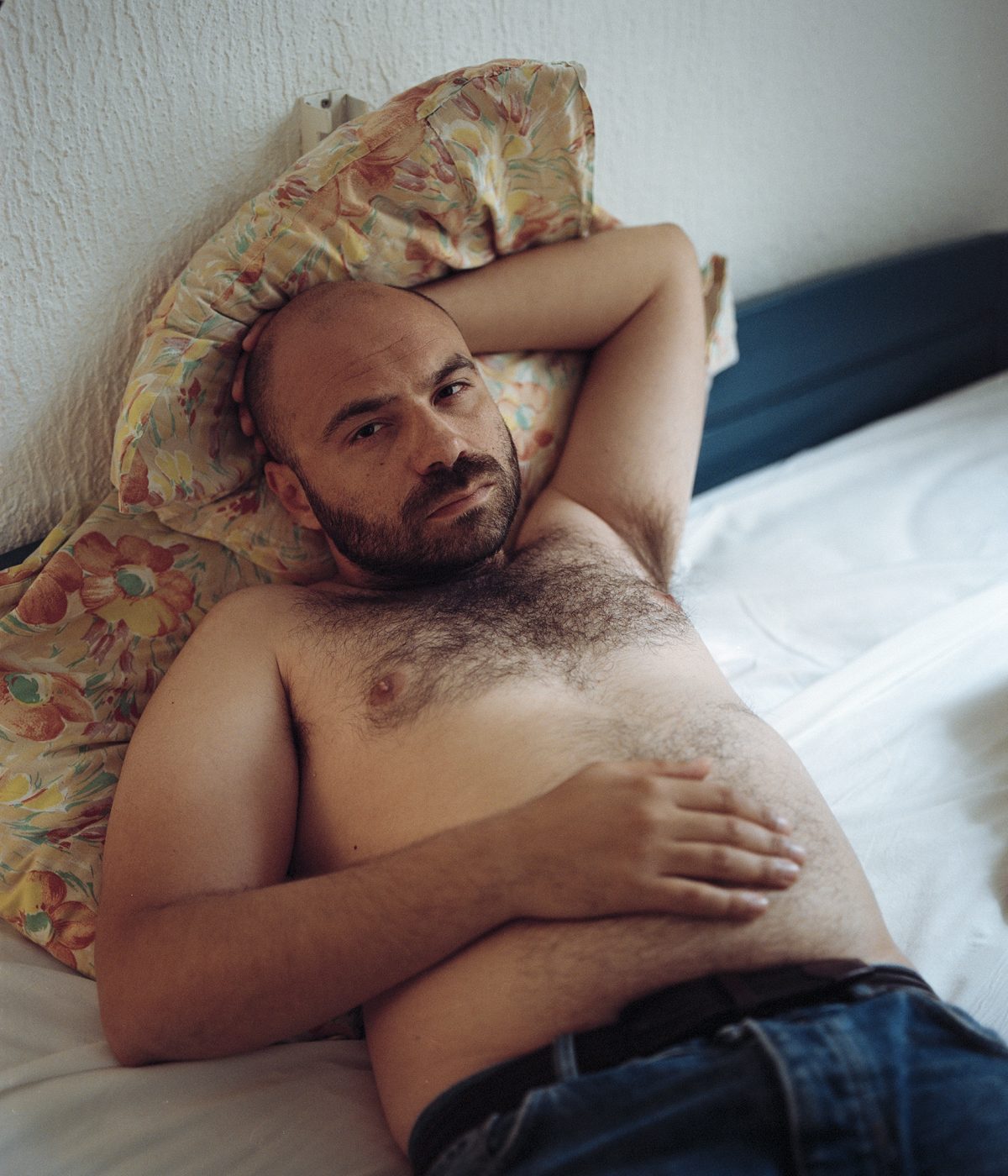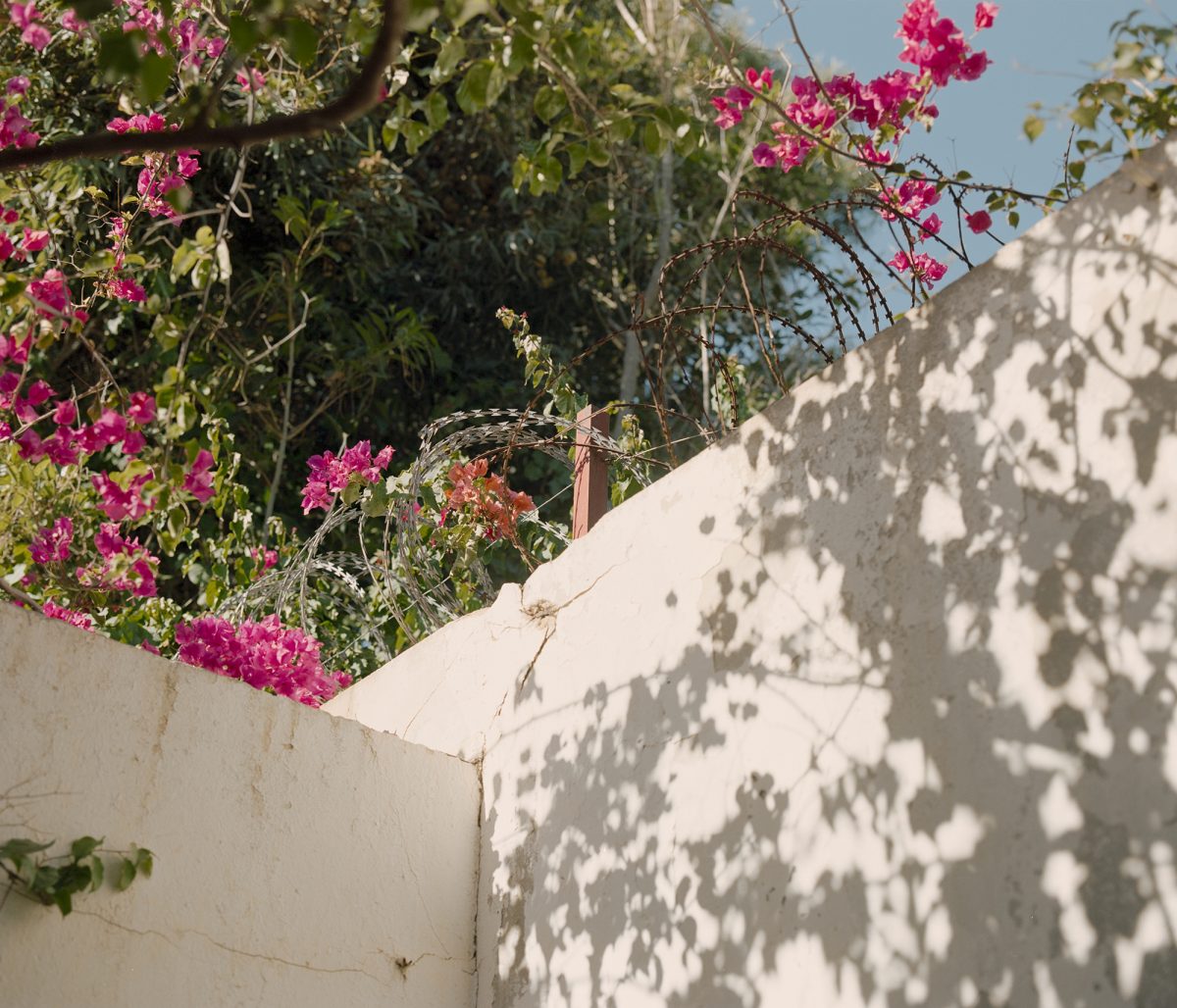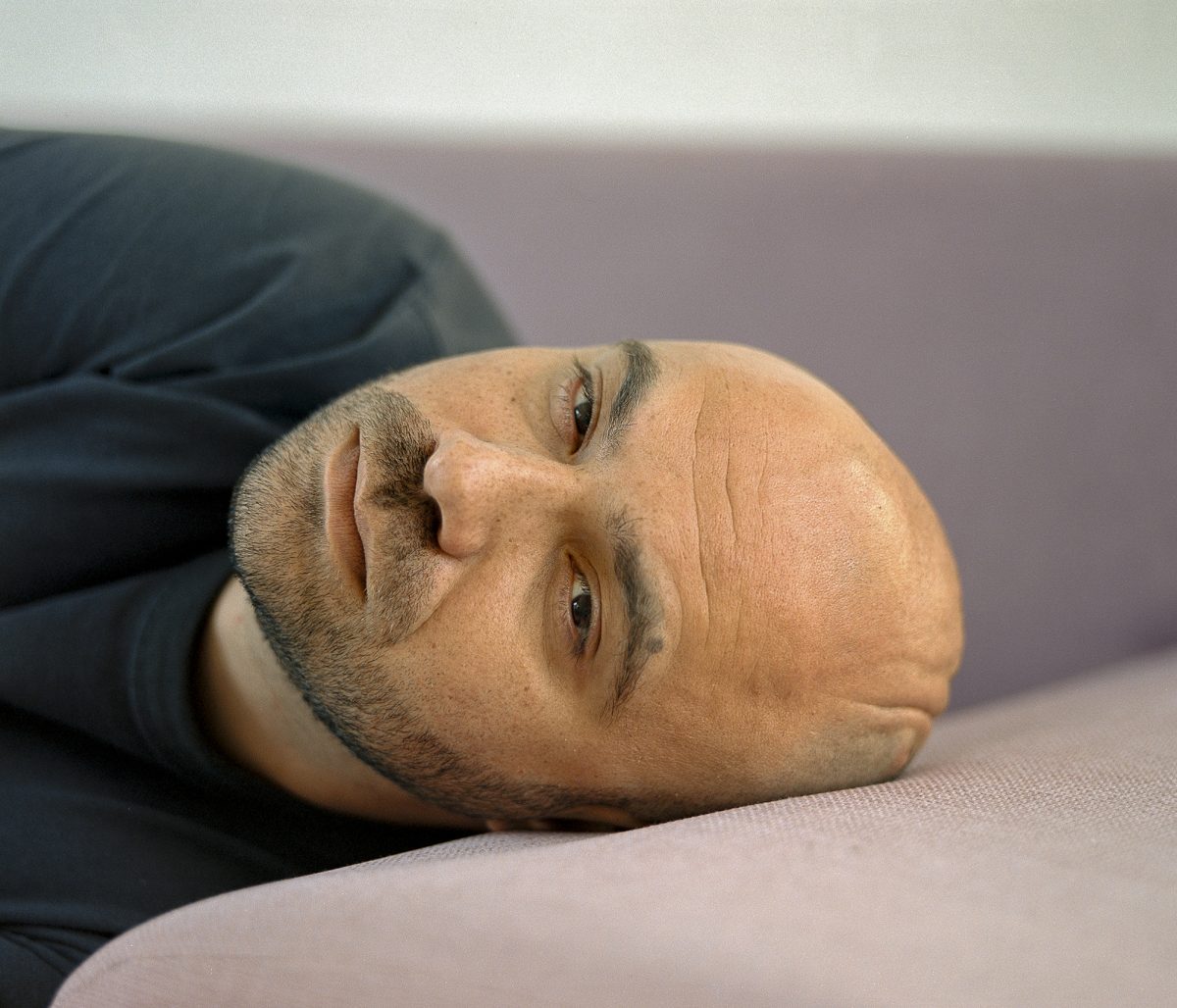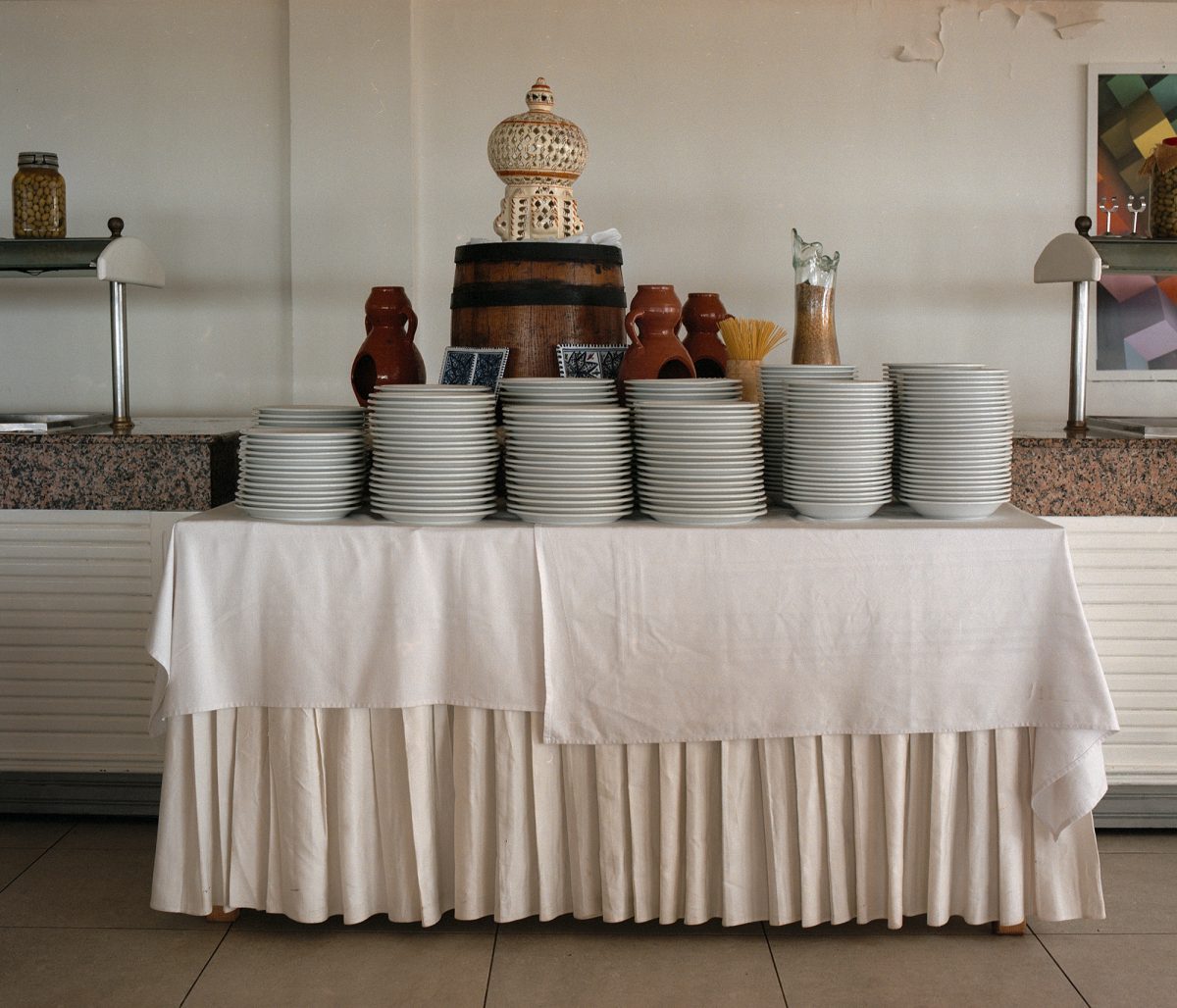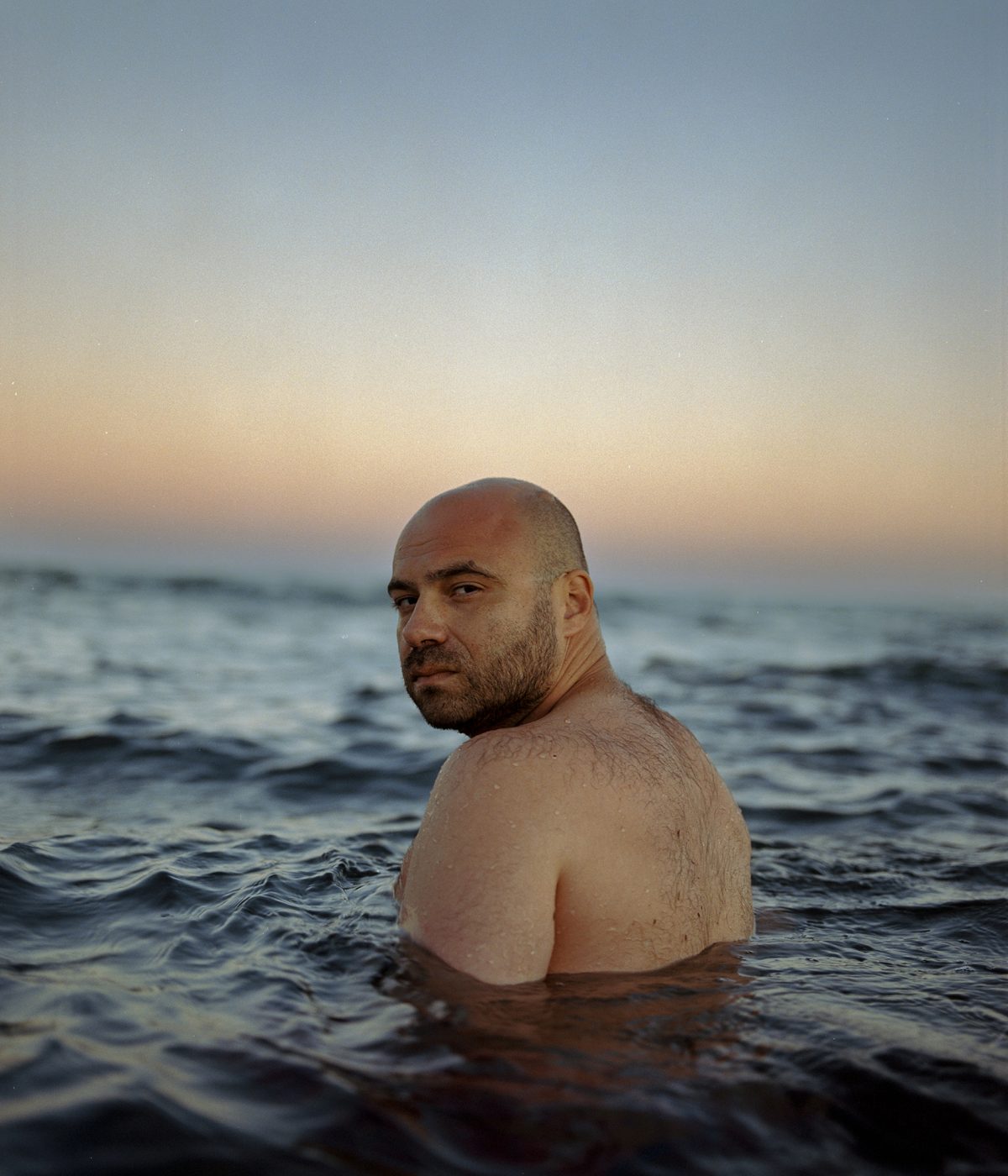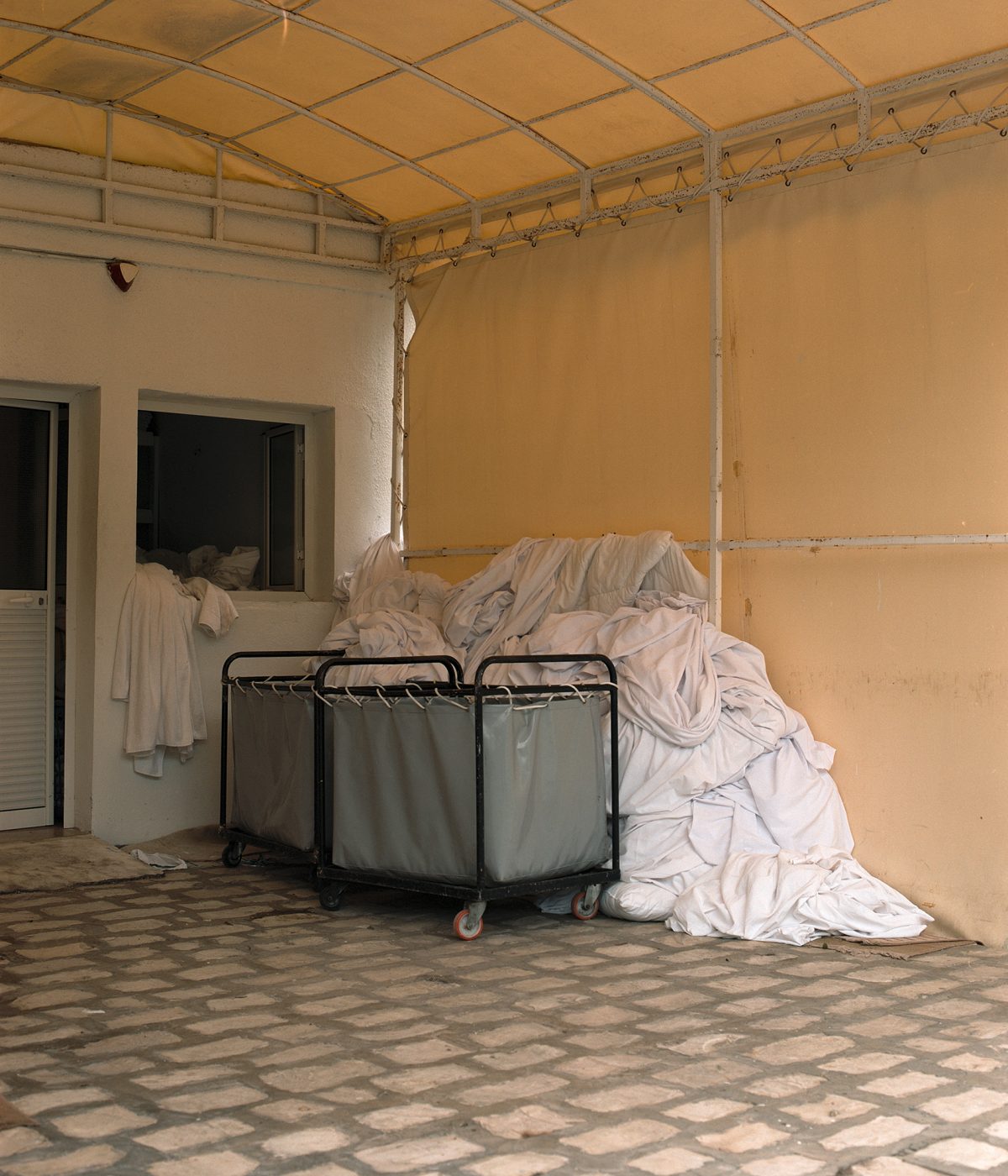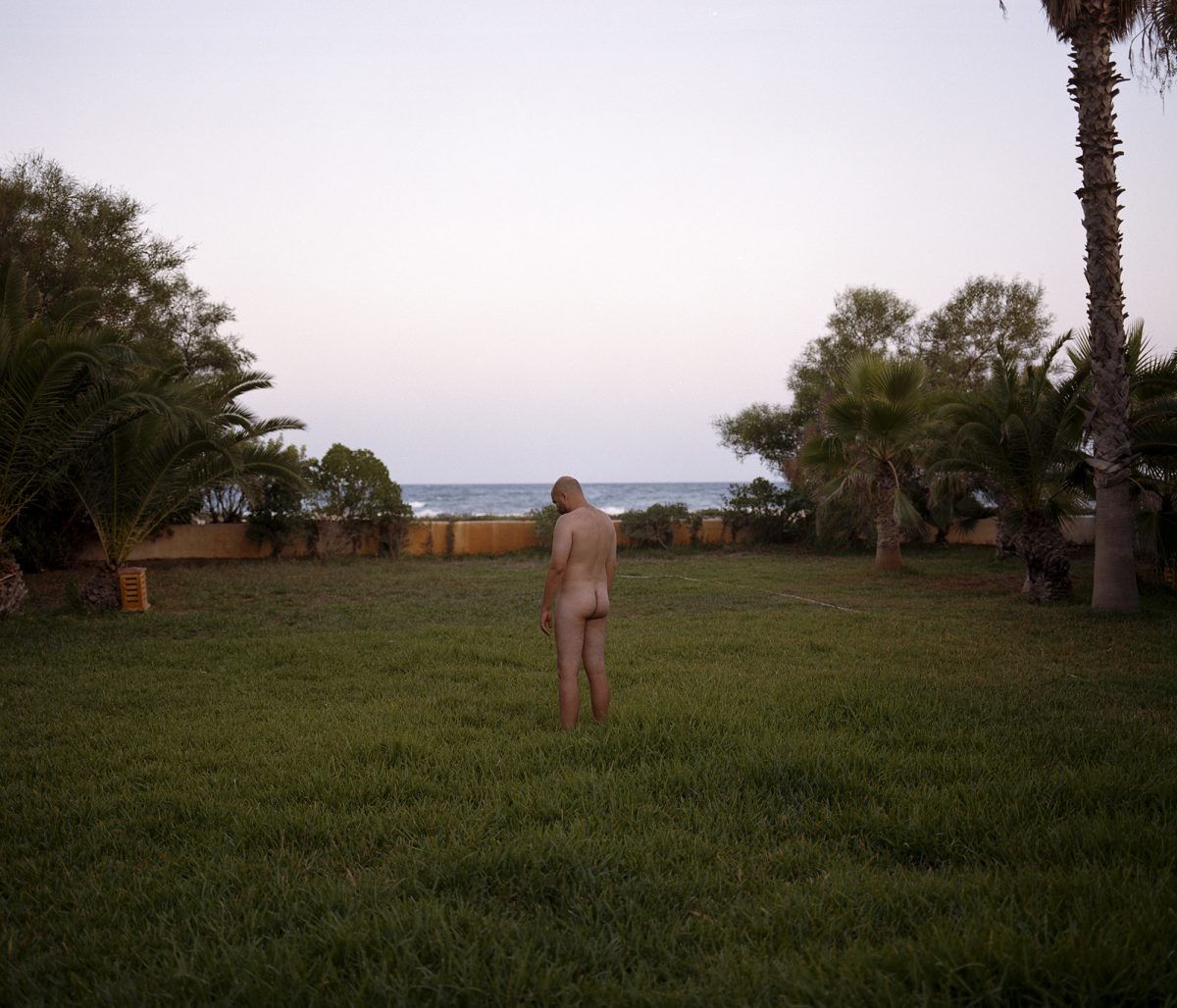From issue: #27 Emerging Talent
Bas van den Elzen, Hotel Salammbô
For the past four years, Bas van den Elzen has been documenting the life of Nour, a charismatic and intelligent man with dual nationality. When they first met, Nour was living in seclusion in a student dormitory, despite having completed two master’s degrees. His life had come to a halt, stalled by fear and the pressure to meet the expectations of a demanding society. In 2020, a turning point arrived. The death of his uncle, who had long managed Nour’s late father’s hotel in Tunisia, placed him unexpectedly at the head of the family business.
“Once in your life, responsibility knocks at your door. It is up to you to open it,” his uncle used to say.
Four years on, Nour is managing a large seaside hotel, overseeing a staff of 250 and hosting hundreds of guests each week during the summer season. Despite the outward success, he still feels like an outsider in the culture he is now meant to embody. His closest companion is his dog Goofy, with whom he continues to speak Dutch. As the busy season fades into winter, solitude and introspection return.
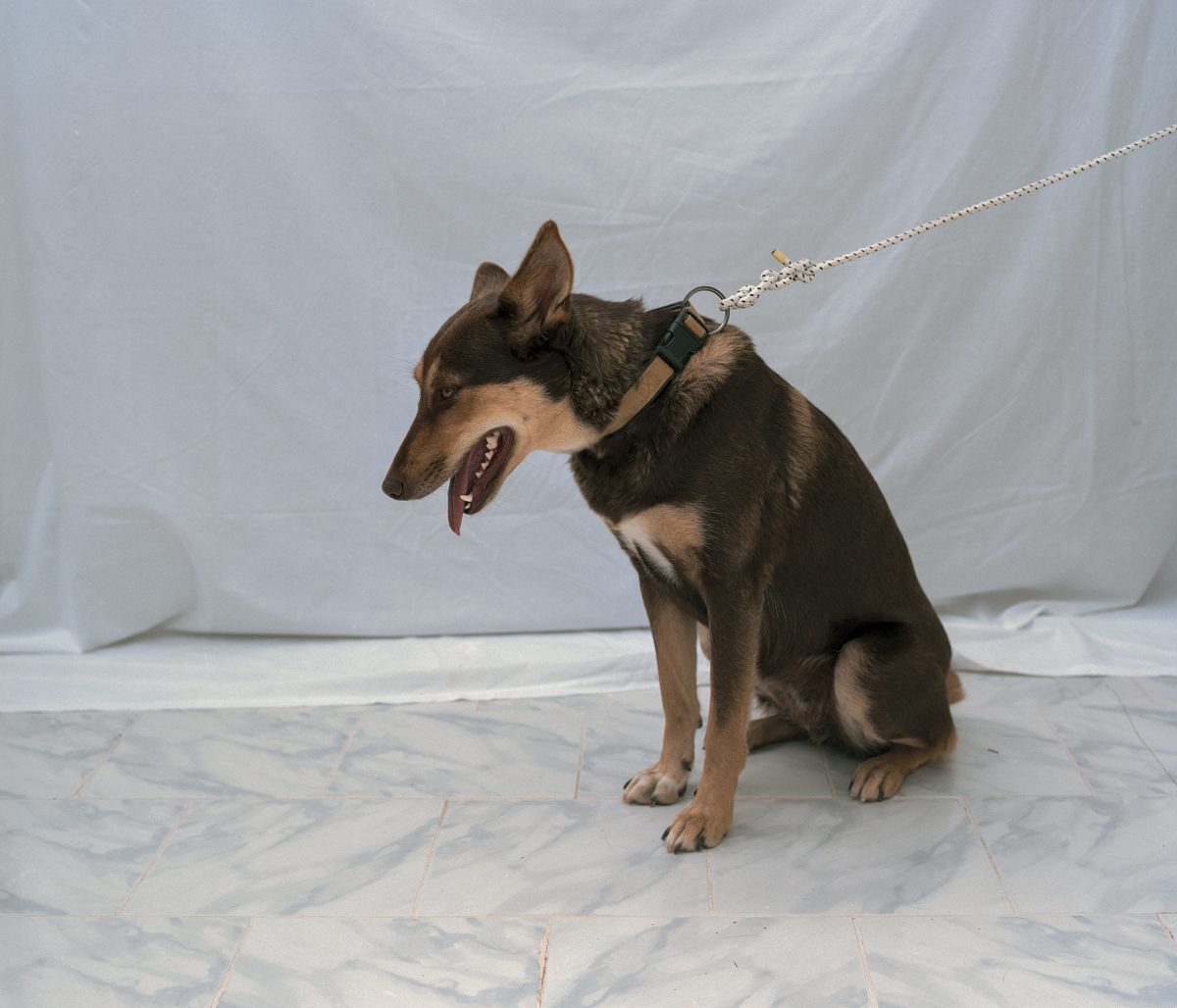
Hotel Salammbô explores both the visible and internal shifts that Nour has undergone. Moving between moments of pressure and calm, belonging and estrangement, the photographs raise broader questions about identity, adaptation and the quiet negotiations we make to carry on. At its core, the work explores what it means to be reshaped by responsibility and how personal transformation can echo far beyond the self.
Born in 1995, Bas van den Elzen is a self-taught photographer based in Utrecht. His work explores the relationship between people and their environments, with a particular interest in how these dynamics influence identity and self-perception. Working primarily with medium and large format cameras, he slows the image-making process to allow for a deeper exchange between photographer and subject. Through this approach, his portraits invite reflection on human vulnerability, complexity and emotional depth. His practice encourages viewers to consider their own place in society and the quiet forces that shape who we become.

